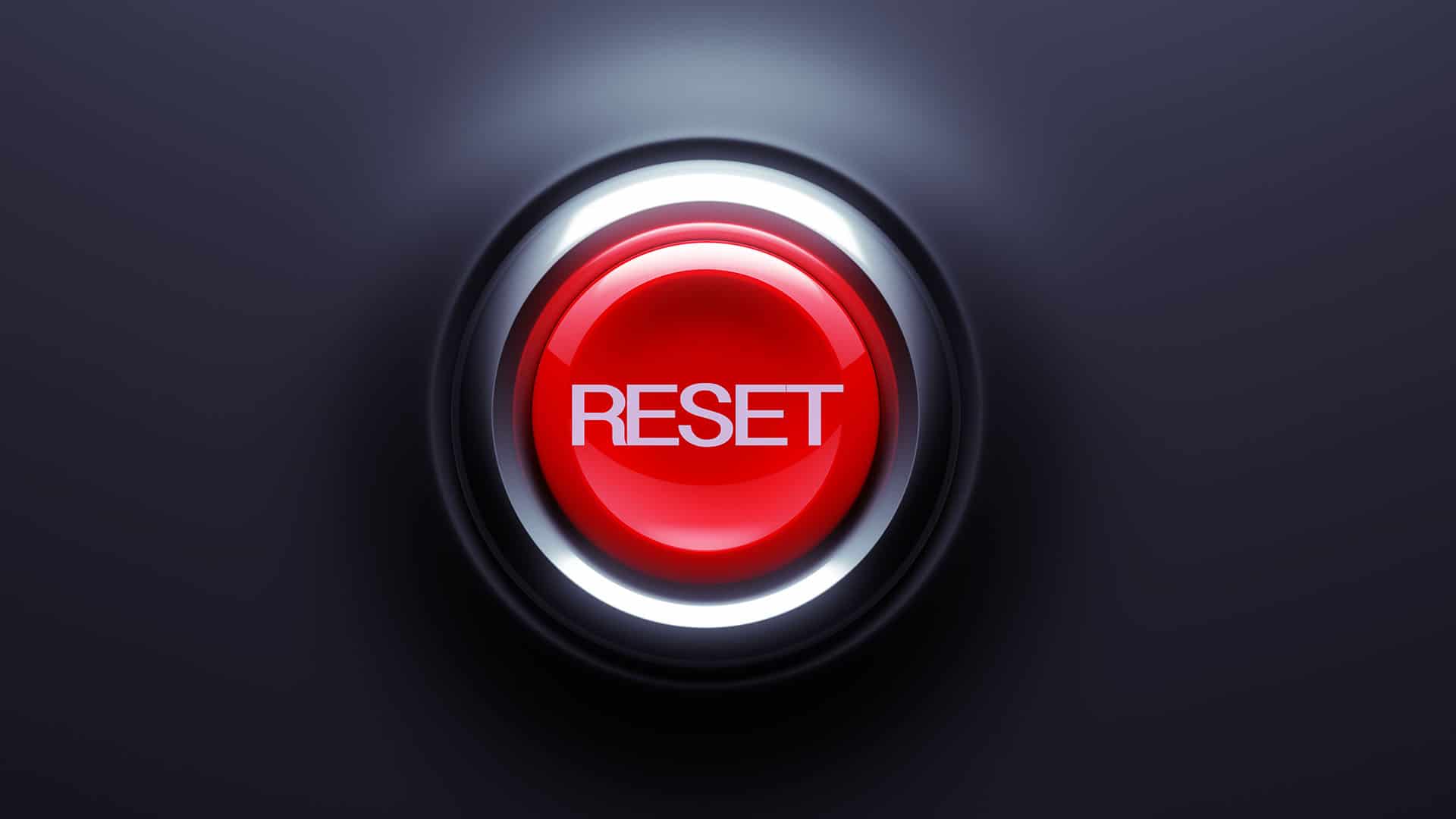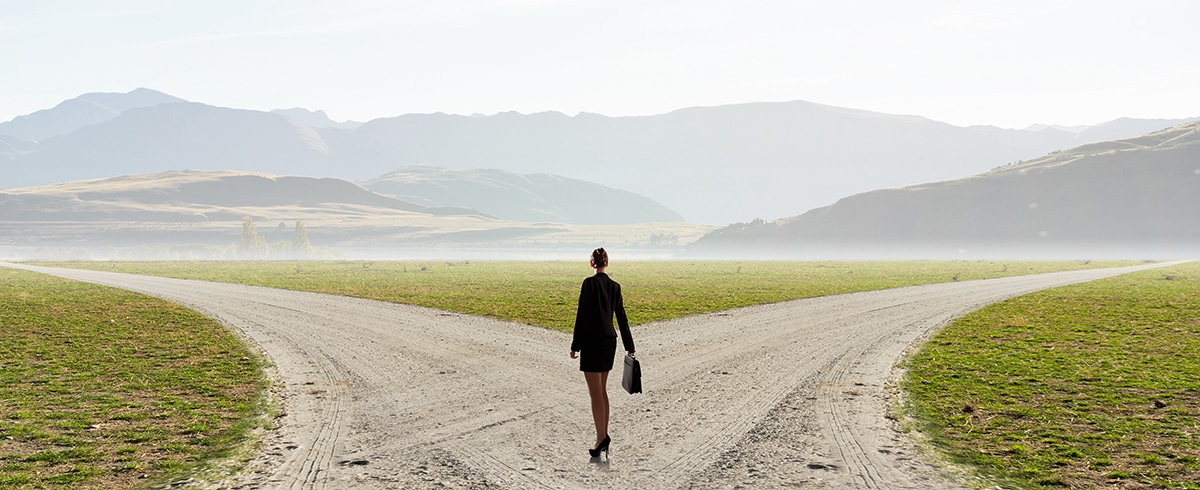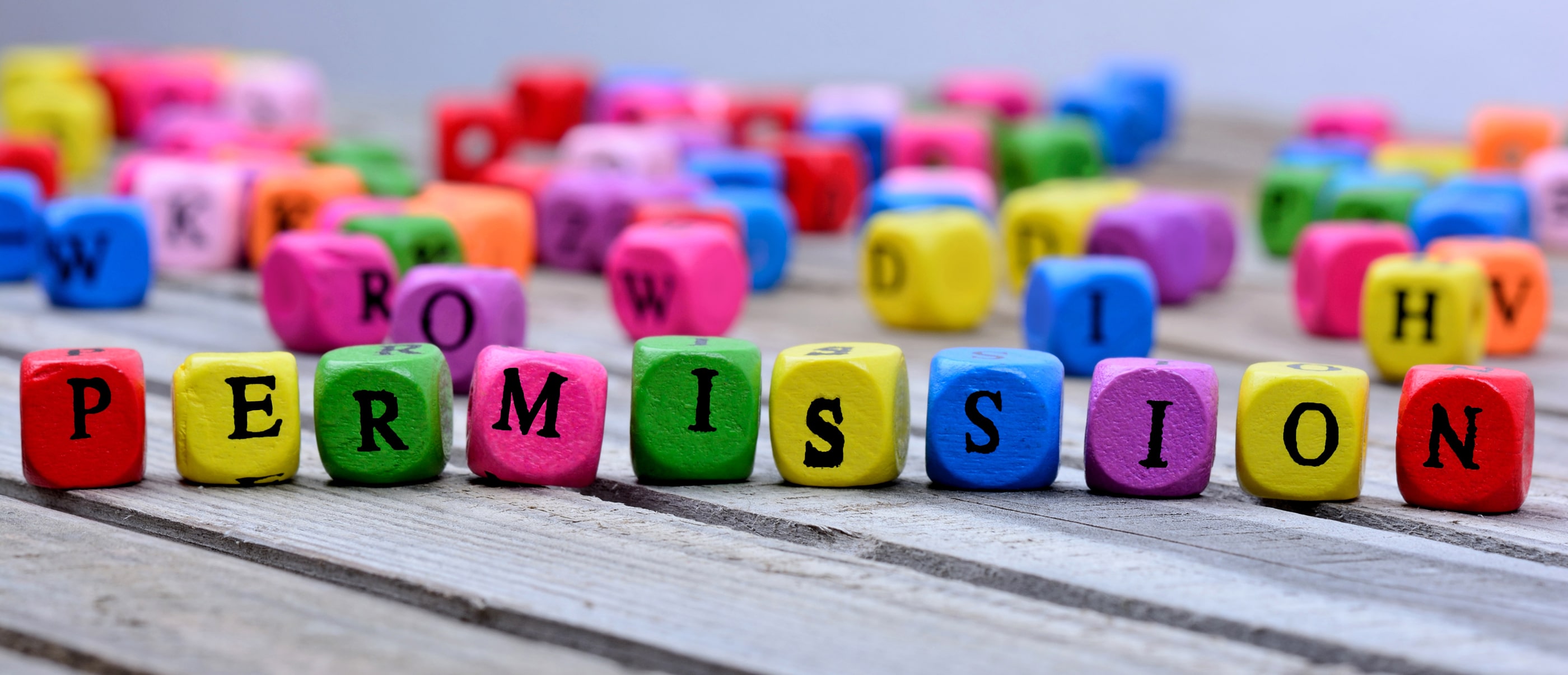Podcast: Play in new window | Download
Subscribe: Apple Podcasts | Google Podcasts | Spotify | Email | RSS | More
Podcast: Play in new window | Download
Subscribe: Apple Podcasts | Google Podcasts | Spotify | Email | RSS | More
Ep. 60 Do you make choices or decisions?
A choice is making a selection between a predetermined set of options. For example, what to wear from your closet or what to order from a menu. A decision is a determination of how you want your life to be. For example, do I want to wear clothes? Will I eat at restaurants? Will I eat at all or go on a hunger strike?
Decisions determine choices.
Often we get stuck on the level of making choices, like choosing a paint color, and forget we have the power to create the life we want by focussing on decisions like What kind of house do I want to live in?
Listen to the podcast to learn more about making choices or decisions.
SHOW NOTES:
Ep 5 Permission to Make Decisions: https://maleahwarner.com/ep-5-make-decisions/
Choice vs Decision by Vico Biscotti: https://medium.com/the-human-core/choices-vs-decisions-b059ec6cabfe
Podcast: Play in new window | Download
Subscribe: Apple Podcasts | Google Podcasts | Spotify | Email | RSS | More
The issue we’re having at my house looks like this: the kids want to be constantly on the computer after school. Like, the minute they run in the door. My older two are pretty good about getting homework done. My youngest got used to having 3 hours each day during the summer to do his Minecraft stories. And he is absolutely panicked now that he’s not going to have enough time to finish his Minecraft stuff. And I mean, he is anxious. He is seriously worried that the world of Minecraft is going to explode or disappear if he’s not on there.
Click the Play Button above the text to hear the full episode.
Click Here for Episode 20 Screen Time Set It and Forget It
Click here for Episode 19 Why NOT to Limit Summer Screen Time
Podcast: Play in new window | Download
Subscribe: Apple Podcasts | Google Podcasts | Spotify | Email | RSS | More
Have you given yourself PERMISSION to MAKE DECISIONS?
Humans make an average of 35,000 remotely conscious decisions a day. If that statistic makes your feel more panicked than empowered, then you are in the right place. Making decisions can be confusing, overwhelming, and even paralyzing. And there are good reasons. This episode discusses six barriers that block us from making decisions and four ways to power through those barriers in order to learn to make decisions like a boss.
How do you feel about making decisions? Determined or indecisive? Confident or hesitant? Resolute or wishy-washy?
No matter your past experience with making decisions, you have the ability, starting today, you have the ability to learn how and to practice becoming an effective decision-maker.
The first step is to increase your personal awareness about your decision-making process. Awareness is the first step to change. And don’t criticize yourself. You don’t get positive results in life by thinking negatively.
Here are six barriers that trip you up in the decision-making process:
Too often, we make a decision, then wait for the result to decide whether it was a good or bad decision. If the results turn out well, then we say it was the right decision, but if the results go sour, we say we made the wrong decision. It is harmful and paralyzing to measure our decision based on outcome. It is called OUTcome, because it is OUTside of our control. The truth is that we have to make the best decision we can based on the information we have at the time. We aren’t fortune tellers, so it isn’t fair to judge our present decision based on unpredictable future results.
You can learn to become an effective decision-maker. Here are four simple and effective TOOLS for becoming more confident, self-trusting, and speedy in making decisions.
1. PERMISSION TO GET OUT OF “I DON’T KNOW”
So you don’t know what you want to study in college or do for your career, but sitting in the “I Don’t Know” chair is NOT going to help you figure it out. You don’t discover your favorite flavor of ice cream by never tasting ice cream. An important part of decision-making is exploration and discovery. You may have to get our there and try a lot of things before you DO know what you want. Give yourself permission to get out of “I Don’t Know” and enter “I am exploring options.”
2. PERMISSION TO LET GO OF THE MYTH OF RIGHT OR WRONG DECISIONS
Life is not a quiz with right or wrong answers. The truth is that you don’t “know” your life path, rather, you “create” your life path, so there are not right or wrong decisions. Certainly there are consequences for every decision, but maybe those consequences will be what you need in order to learn, grow, and become a better person. The process of making decisions create opportunities to progress. Not making decisions makes your life stagnant and stifles growth. So practice making decisions whether it’s painting a wall or re-arranging the furniture.
3. PERMISSION FOR UNLIMITED DECISIONS
Unless you choose the poisoned drink or the tunnel with the fire-breathing dragon (which might be the final decision you ever make) few decisions are ever final. Very few decision are life or death. This is good news. Make the best decision you can today, and you can make a new decision later. Trust that you have the intelligence and ability to manage the consequences of your decisions.
4. PERMISSION to OWN YOUR DECISIONS
It’s tempting to choose your spot of grass, then stare longingly at the green grass in the other field. The truth is that every field has spots of lush green and spots of wilted, dead, sour grass. You notice your own wilted patches more because you are closer, but the other field has dead spots, too.
Podcast: Play in new window | Download
Subscribe: Apple Podcasts | Google Podcasts | Spotify | Email | RSS | More
Have you given yourself permission to do what you love? Often we think we need outside permission before we can pursue a goal or passion. Sometimes we think that other people know better what we can do. That’s not true! No one knows your passions and desires better than you, and no one needs to give you permission to go for your dreams.
Going for our dreams without external endorsement can be scary, so sometimes we wait for life to let us know it’s okay to move ahead. We get default permission from three sources:
Part of my journey of healing through depression and chronic illness has been learning to give myself permission to:
In Episode 4 we will explore the Power of Permission in Specifics areas such as happiness, money, health, decision-making, and doing less. See you next week. mw



